Retail Technology Show 2025 conference: Shein highlights its ‘smart fashion’ on demand model
Fast fashion giant Shein tells attendees on day one of Retail Technology Show (RTS) 2025 that its ‘unique model’ can respond to trends and cater to niches while reducing waste and costs.
“The industry is ripe for change and we are excited to be a part of that change,” claimed Peter Pernot Day, Global Executive Leadership Team and Head of Strategic and Commercial Affairs, North America & Europe, at Shein.
Speaking this week at Retail Technology Show at London ExCel, Pernot Day explained that Shein’s four founders saw issues with the fashion industry and were looking for a way to centre customers and solve “fashion’s accessibility crisis” ahead of the site’s launch in 2012.
The Singapore headquartered company has what it calls a “unique, demand-based supply chain”, which sees it create a limited number of each item listed, only producing more in response to demand.
Pernot Day said this model gives Shein its “key competitive advantage”, as it doesn’t need to try and predict trends around seasonality. Instead, it is highly responsive to trends as they emerge and can cater to niche audiences such as plus size.
Gen Z is a key audience for the retailer, Pernot Day claimed these consumers “don’t like to be pigeon-holed” and have very changing tastes. “This is where our responsive model really shines,” he said, adding that Shein can try out emerging and micro trends without needing to invest in large amounts of stock.
“It also brings the designer and customer into closer conversation,” Pernot Day claimed. “Because our systems is so focused on small batch production, designers have freedom.”
In 2023, Shein launched its marketplace, which allows designers and other brands to sell items through its platform. Pernot Day was keen to stress that Shein does not have plans to become “an everything store” but instead aims to showcase a curated selection of products.

He added that the marketplace offers designers and brands a ‘feedback loop’ giving them insight into how customers are engaging with their products. Pernot Day claimed this process is “happening continuously” at Shein.
Not only is the model highly efficient, but it also proves profitable for Shein. “Rather than carrying excess inventory, because we are able to precisely match demand, we can produce garments at a cost of 20-40% less than other brands.”
Pernot Day said that by responding to demand, Shein is also able to reduce waste, lowering the impact of the industry. “Our objective is to be circular,” he claimed, noting investment in circular tech at Donghua university.
The retailer recently reported that the polyester recycling process developed at the university will be made available to partner fibre manufacturers for “large scale production” by June 2025.
“If we are going to have a meaningful impact, we need to look at solutions that align with customer behaviour,” Pernot Day said, adding that small capsule collections of eco-friendly products are not available to all and cannot drive systemic change.
Shein has attracted recent criticism for its focus on low prices. Sole Supplier founder, George Sullivan, claimed both Shein and rival Temu “have no heart”. But Pernot Day rejected claims Shein produces only cheap, fast fashion.
“As a business with millions of customers in the EU, we could not exist if we were cutting corners or selling poor quality products. Nor have we succeeded because of tax loopholes - it’s because of our unique model,” he argued.
He also rejected the label of ‘fast fashion’ often used to describe his company, adding: “I would say that we are smart fashion, not fast fashion.”
And he sparked controversy by declining to take questions from the audience at the end of his conference session, which was labelled a “cop out” by retail magnate Theo Paphitis on day two of RTS 2025.

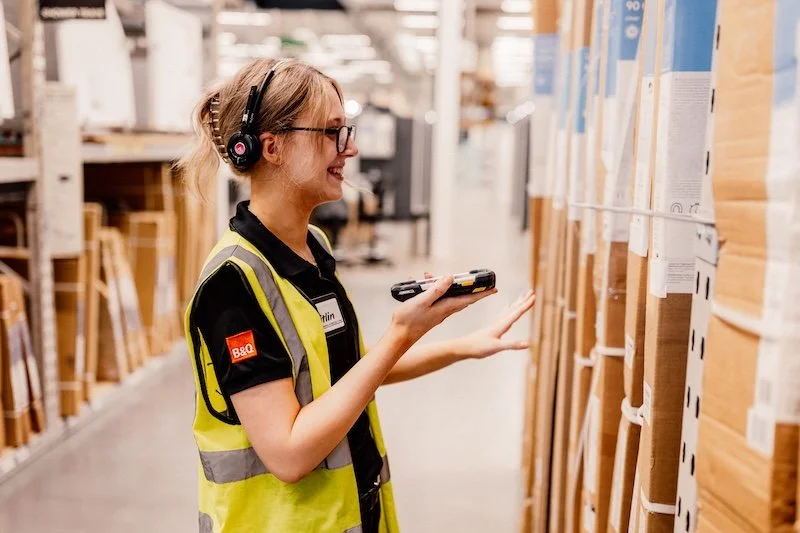
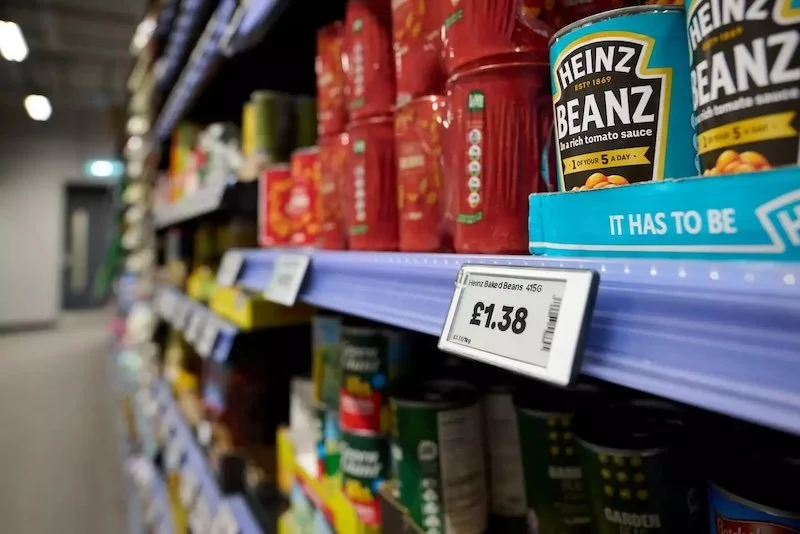


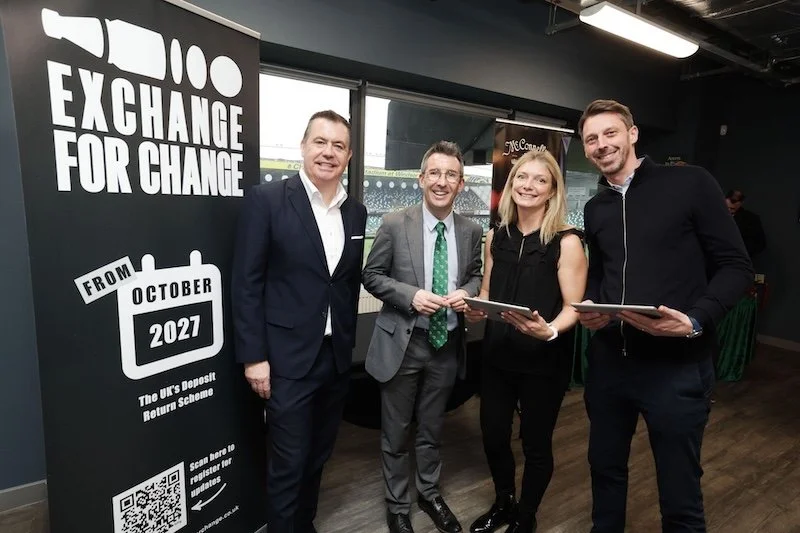
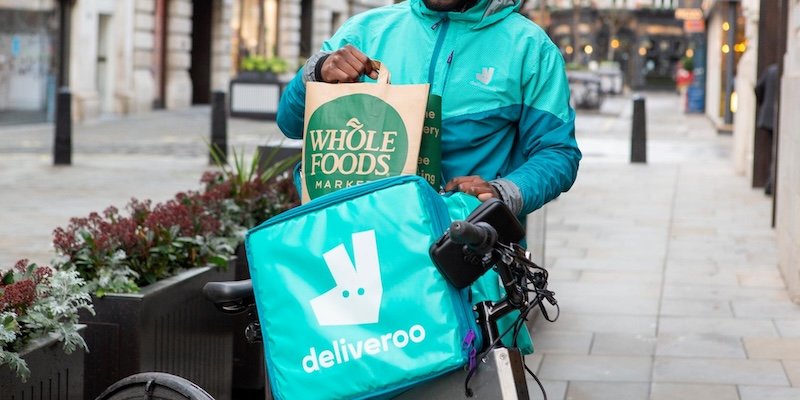


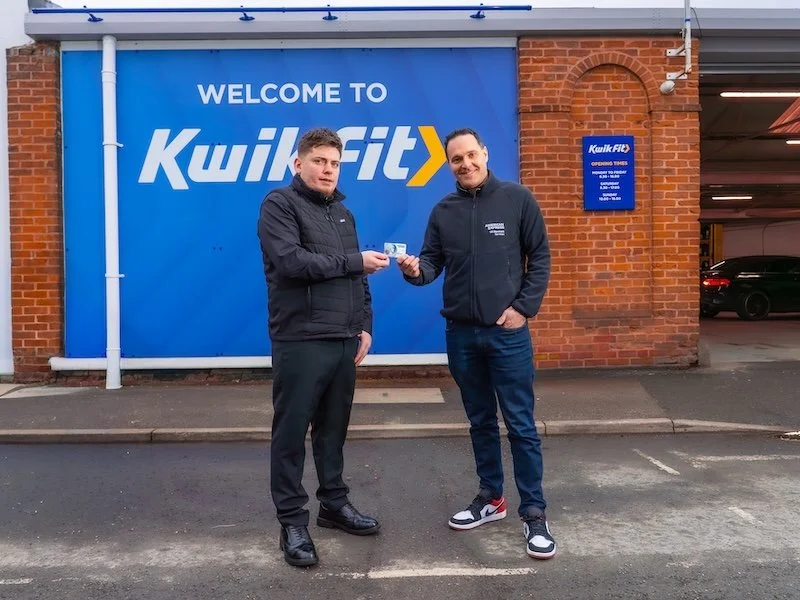





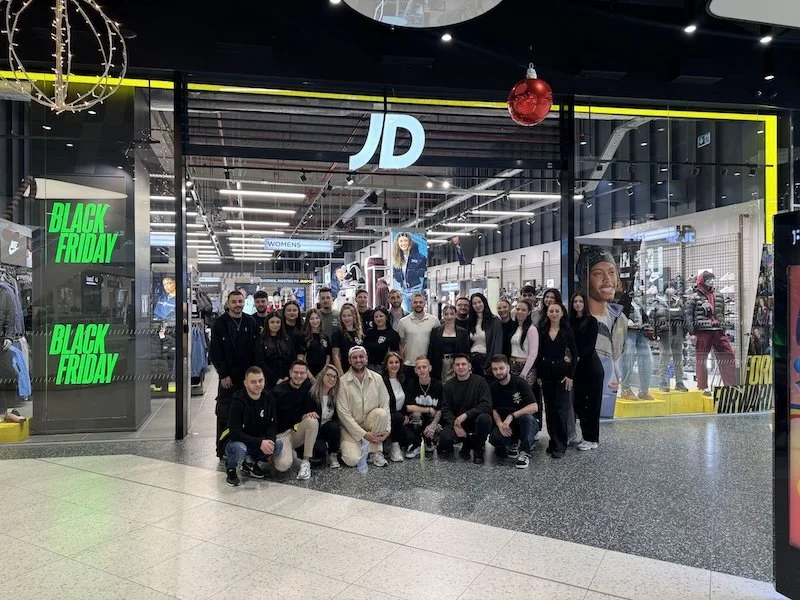

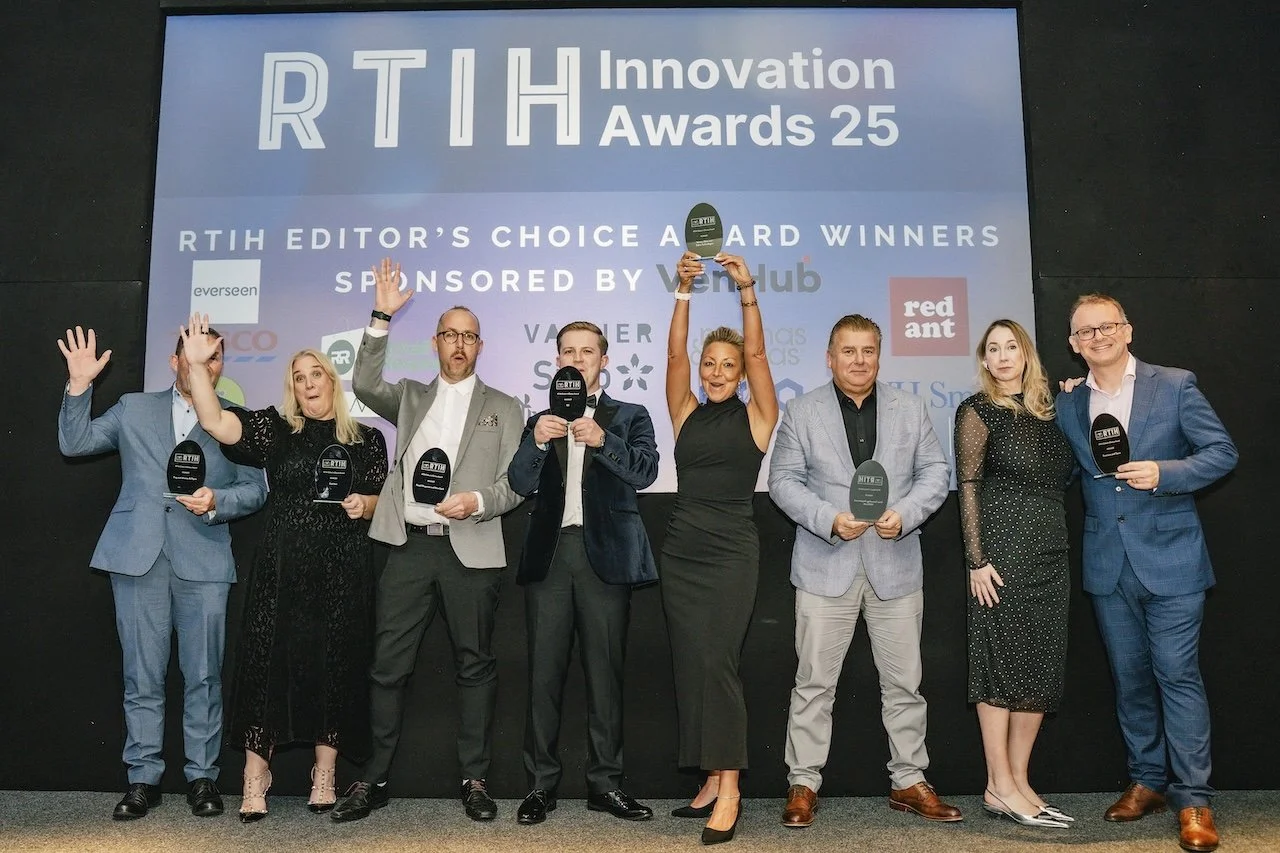








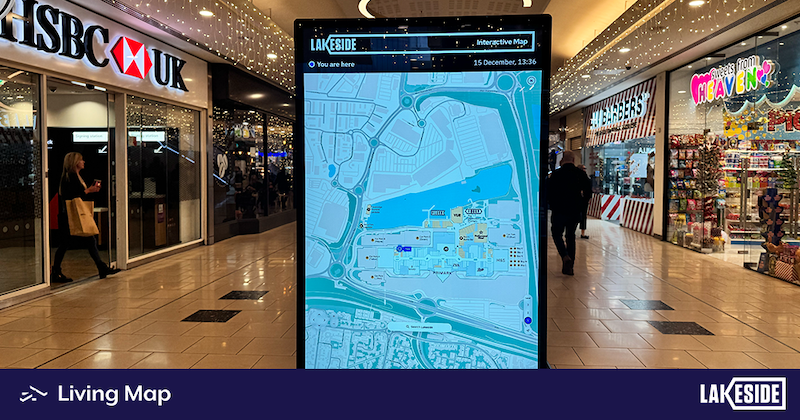
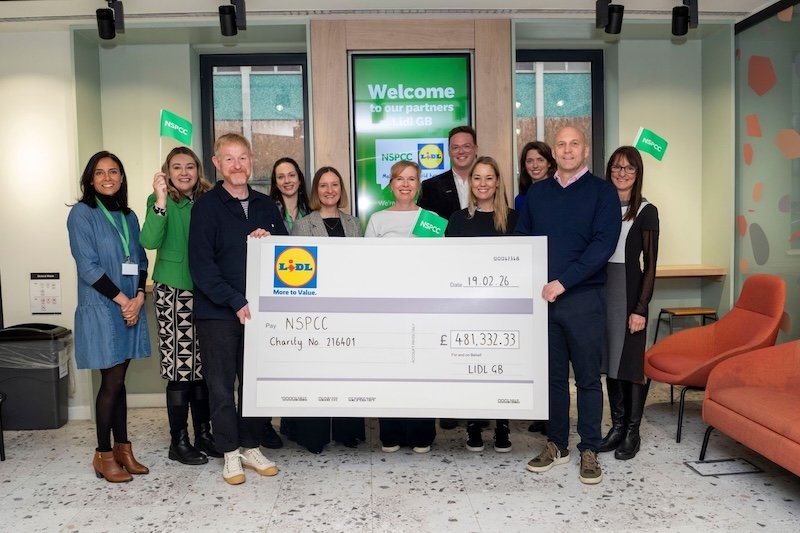
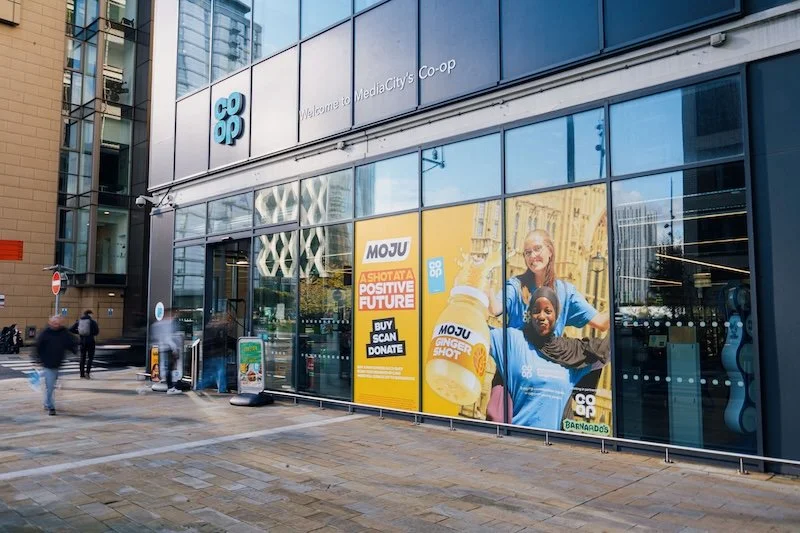
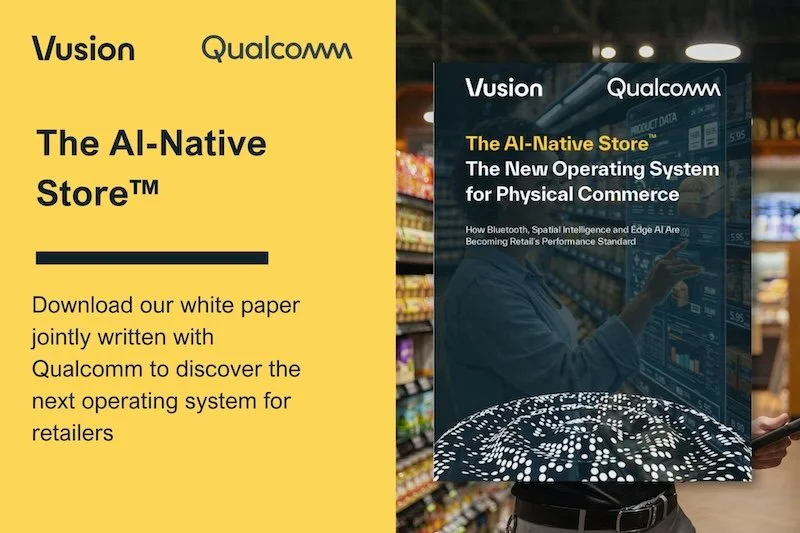
Continue reading…